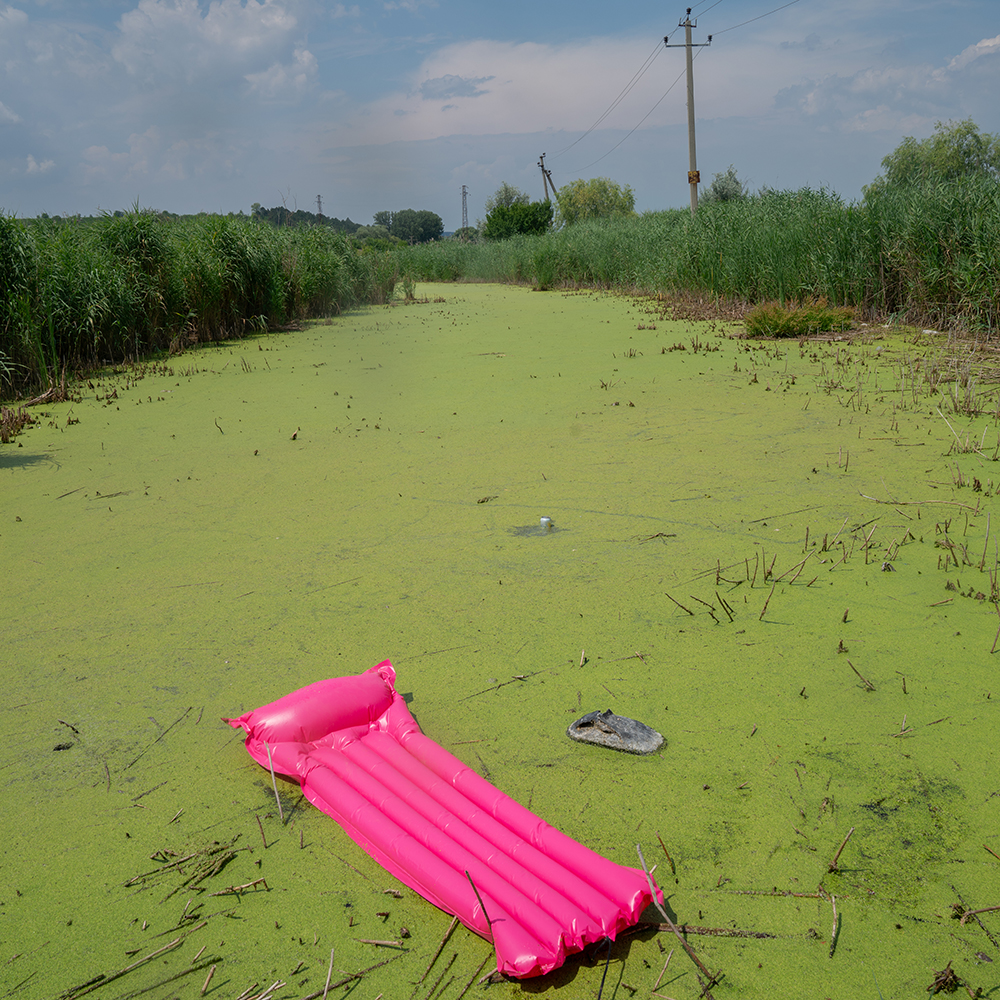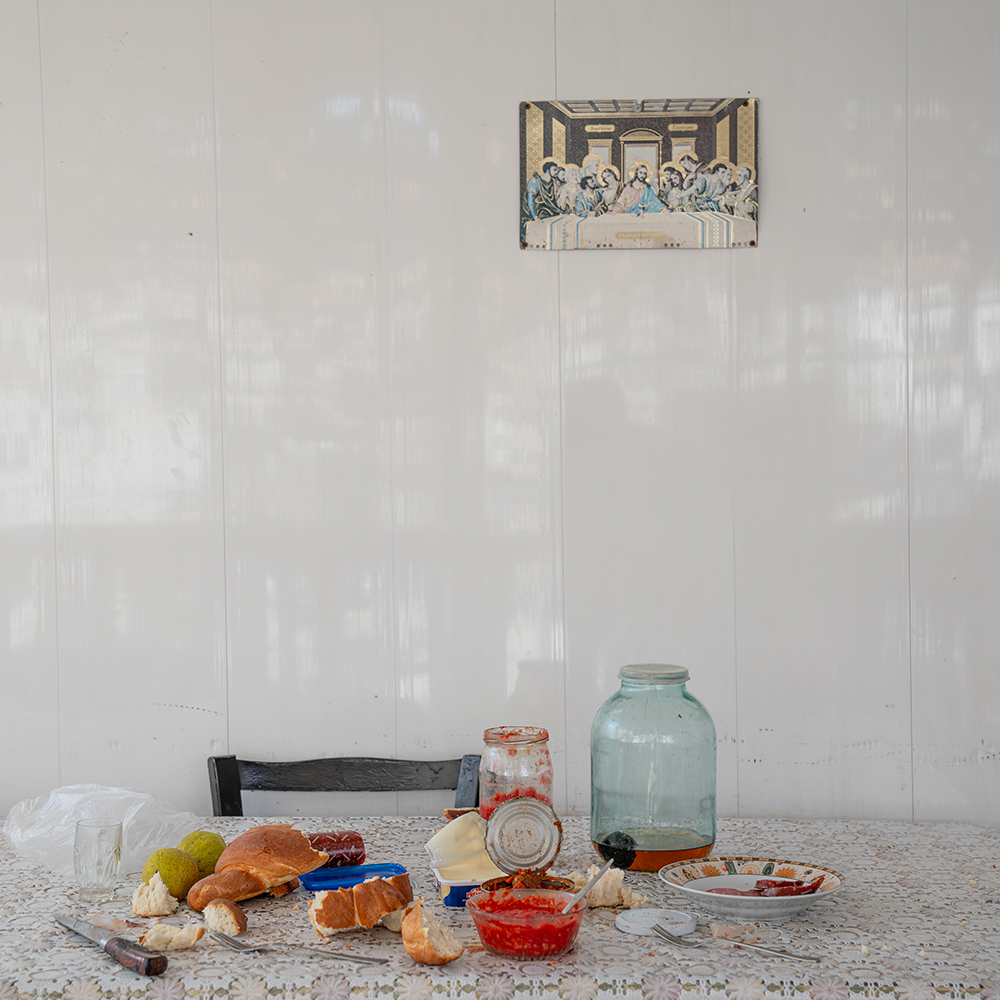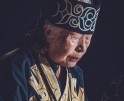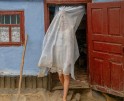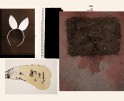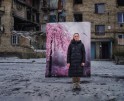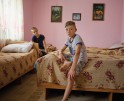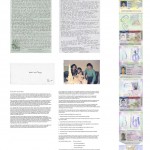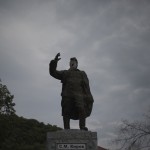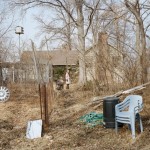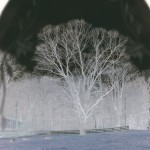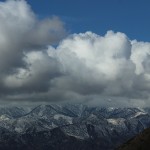The International Women in Photo Awards: Natalia Garbu: Moldova Lookbook
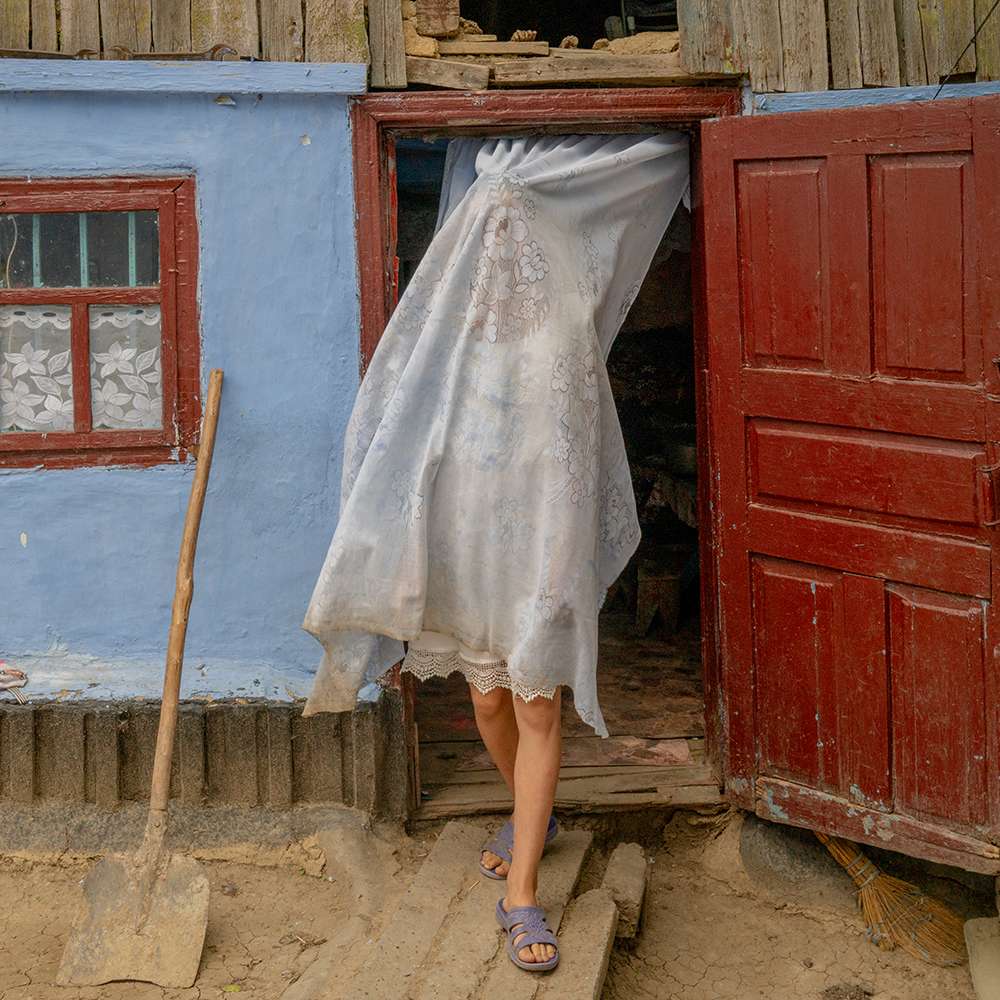
©Natalia Garbu, Summer kitchens in villages in the Republic of Moldova are traditional outdoor cooking spaces separate from the main house, typically used during the summer months to avoid heating up the living areas.
This week Lenscratch is featuring the work of the 2023 winners of the The International Women in Photo Association (IWPA), a French non profit aiming to create global change and reach gender equality and women empowerment, awards prizes to visual storytellers from around the world.
Today is Natalia Garbu, a photographer from Moldovia, whose series Moldova Lookbook, received an Emerging Finalist Award. Natalia Garbu gives us an insider look into a small country’s multi-dimensionality, the old and the new, the formal and informal.
Instagram: @IWPA_photo/

©Natalia Garbu, In autumn, female labor plays a crucial role in grape harvesting in Moldova, with women actively participating in the vineyards, contributing to the labor-intensive process that is essential for the country’s wine production.
Natalia Garbu was born in Straseni, Republic of Modova (ex Moldovan Soviet Republic. She studied in this city until she was 14 and then studied foreign languages in Chicinau.
Interested in Journalism and Arts, Garbu planned to go and study further. Because the 90s were quite a harsh period in her country, her father recommended that she not go into arts — cause she would die of hunger — and not into journalism — because “a good journalist in this country is a dead journalist.” She decided to choose economics and after she finished the studies, Garbu decided to go to study photography.
Instagam: @nataliagarbu
Instagram: @moldova.lookbook

©Natalia Garbu, The Republic of Moldova faces challenges related to patriarchy, impacting gender equality and women’s rights in various aspects of society.
Moldova Lookbook
Moldova is a nation facing a complex array of challenges and influences. Its patriarchal tendencies, economic struggles, Orthodox traditions, and historical ties to colonialism have shaped its society in unique ways. However, Moldova is also a place of resilience and cultural richness, with a diverse population that continues to seek its place on the global stage. Understanding these complexities is essential for both Moldovans and the international community, as it fosters empathy and offers insights into the ongoing evolution of this small yet significant Eastern European nation. « Moldova.Lookbook » is a big project I have been creating for 15 years, to create a national visual code of my country that would help in the matter of country identity and that would answer the question “who am I?”

©Natalia Garbu, In villages in Moldova, motherhood is often seen as a central part of life, and grandparents are actively involved in raising and educating their grandchildren.

©Natalia Garbu,Moldovan rural houses typically feature traditional clay or brick construction, with lowpitched roofs, reflecting a blend of simplicity, functionality, and cultural heritage
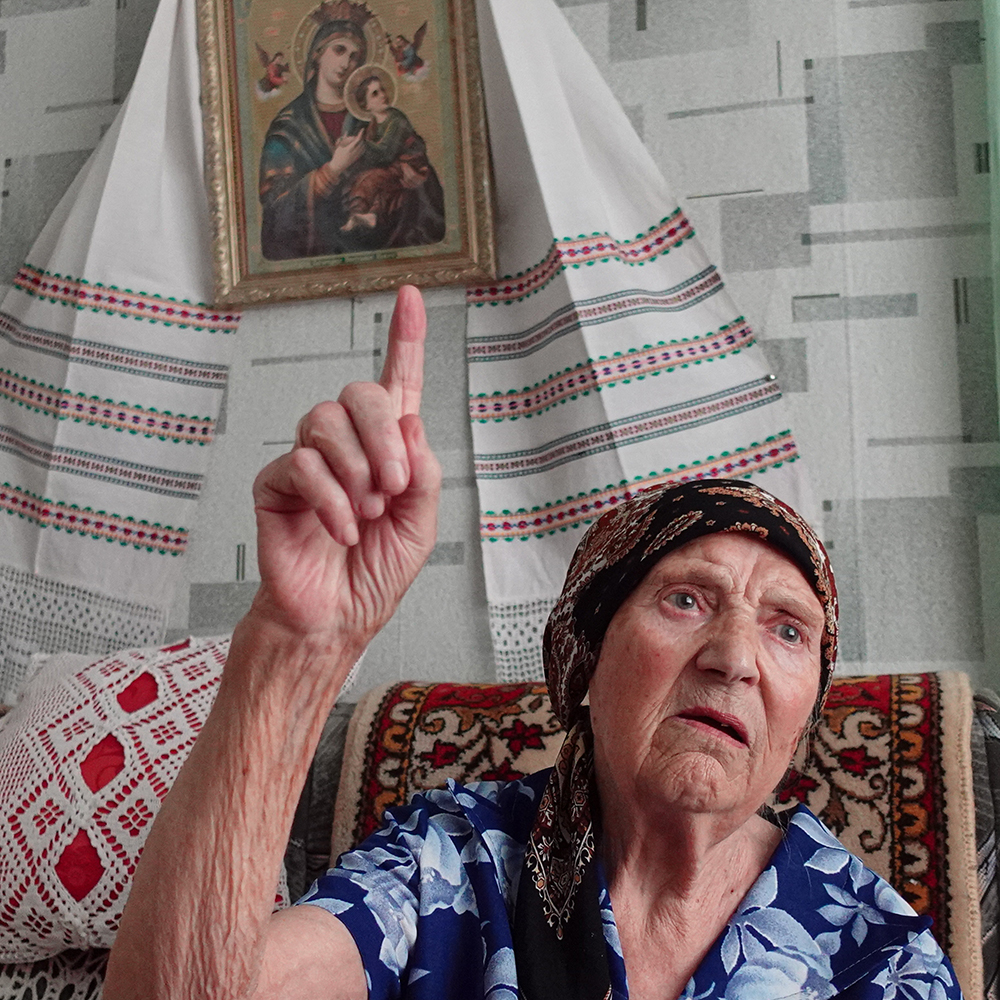
©Natalia Garbu, Orthodoxy is a prevalent influence on culture and community life, with the Eastern Orthodox Church serving as a central aspect of religious practice and tradition for the majority of the population.

©Natalia Garbu, Rural women in Moldova navigate a multifaceted life, balancing agricultural responsibilities, household duties, and community involvement while embodying resilience and contributing significantly to the rural society.
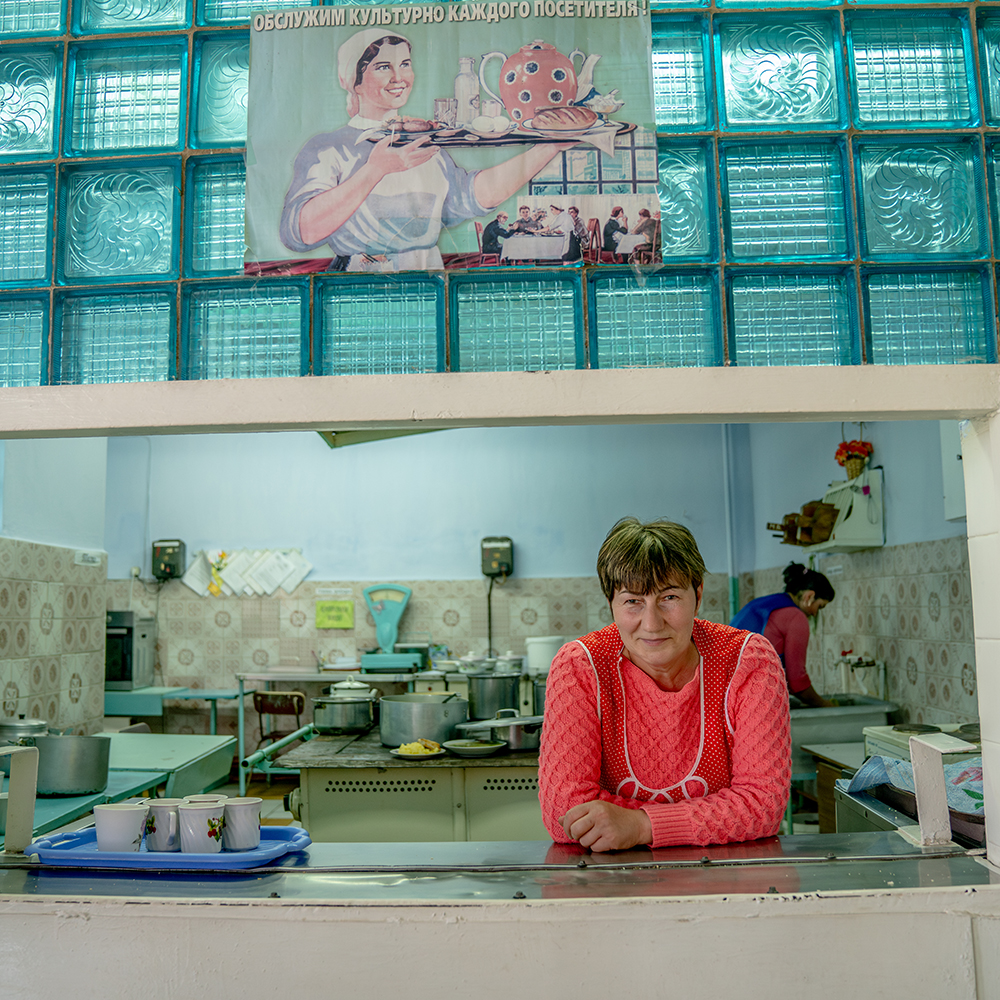
©Natalia Garbu, “Общепит”, which refers to public catering establishments, remains a visible remnant of the Soviet Union in the Republic of Moldova, with many cafeterias and canteens reflecting the culinary and social influences of that era, providing affordable meals to the public .

©Natalia Garbu, Children in the villages of the Republic of Moldova often experience a unique upbringing shaped by rural traditions, close-knit communities, and a connection to nature, where they engage in activities such as helping with agricultural tasks,

©Natalia Garbu, In the context of the war in Ukraine, the Republic of Moldova, situated geographically close to the conflict zone, faces challenges related to security concerns, refugee flows, and potential impacts on regional stability, highlighting the interconnectedness of geopolitical events in the Eastern European region.
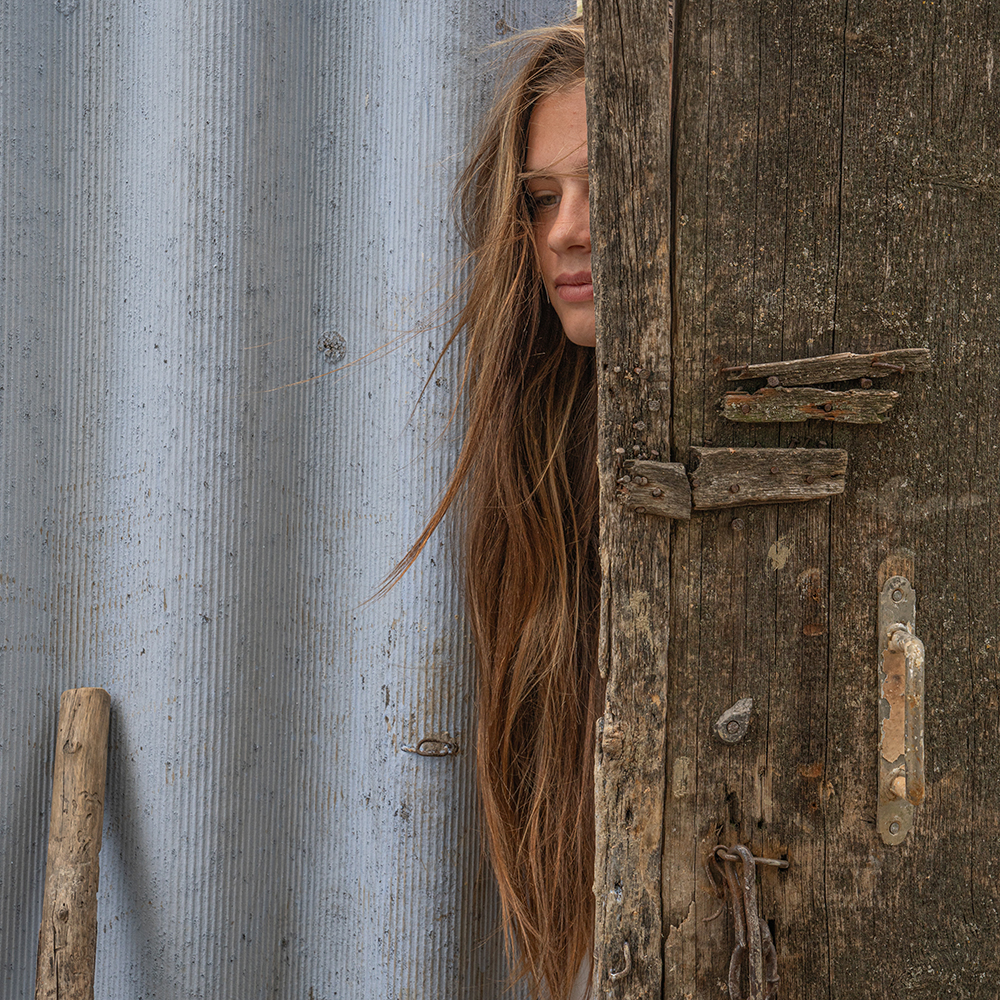
©Natalia Garbu, In the rural areas of the Republic of Moldova, girls and boys are often actively involved in household tasks from a young age, with responsibilities divided based on traditional gender roles. Girls typically help with activities such as cooking, cleaning, caring for younger siblings, and tending to domestic chores, while boys are more commonly assigned tasks related to outdoor work, livestock care, and heavier labor tasks. Women’s
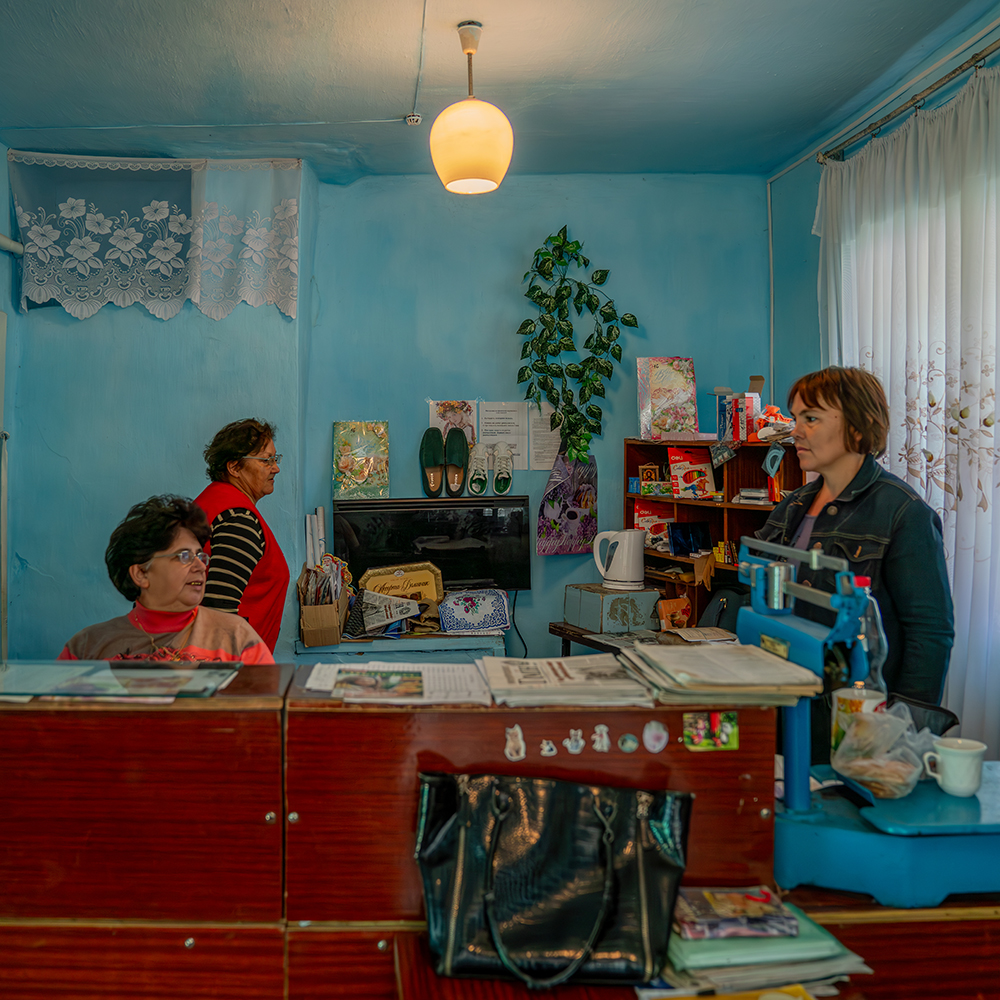
©Natalia Garbu, Women’s equality in the Republic of Moldova remains a work in progress, with ongoing efforts focused on addressing gender disparities, promoting women’s rights, and enhancing opportunities for female empowerment across various sectors of society.
Posts on Lenscratch may not be reproduced without the permission of the Lenscratch staff and the photographer.
Recommended
-
The International Women in Photo Association Awards: Lorraine Turci: The Resilience of the CrowMarch 16th, 2024
-
The International Women in Photo Awards: Natalia Garbu: Moldova LookbookMarch 15th, 2024
-
The International Women in Photo Association Awards: Rayito Flores Pelcastre: Chirping of CricketsMarch 14th, 2024
-
The International Women in Photo Association Awards: Alena Grom: Stolen SpringMarch 13th, 2024
-
The International Women in Photo Association Awards: Louise Amelie: What Does Migration Mean for those who Stay BehindMarch 12th, 2024

